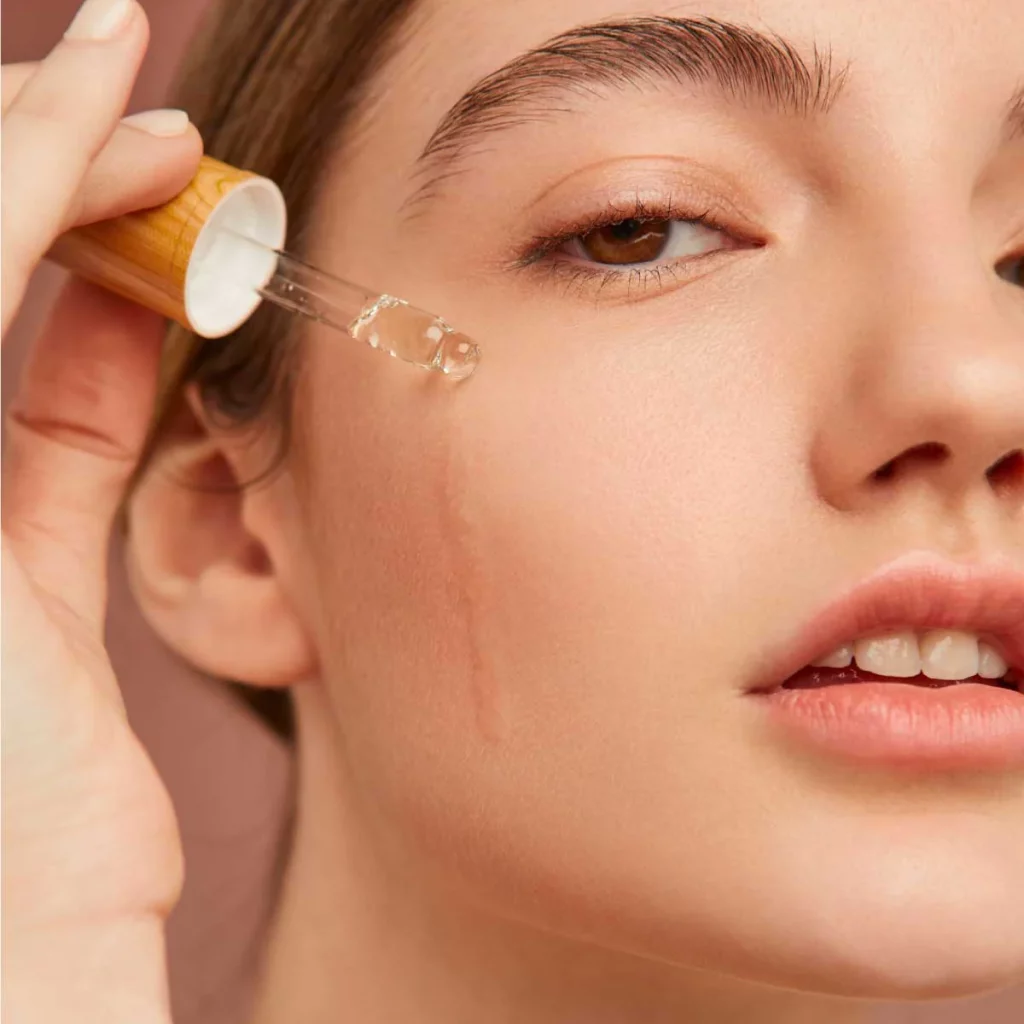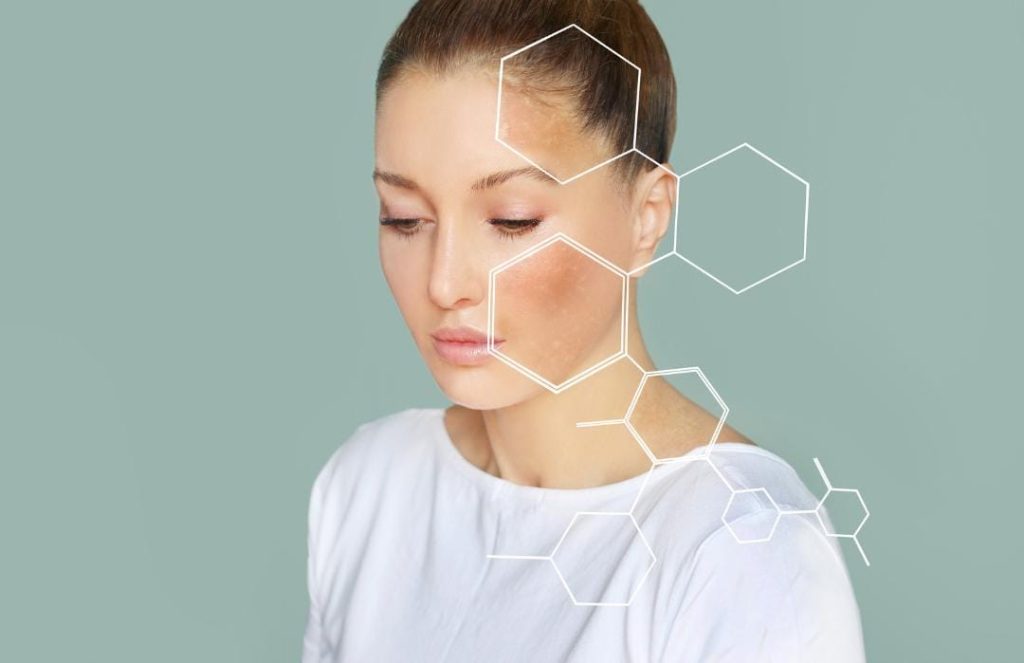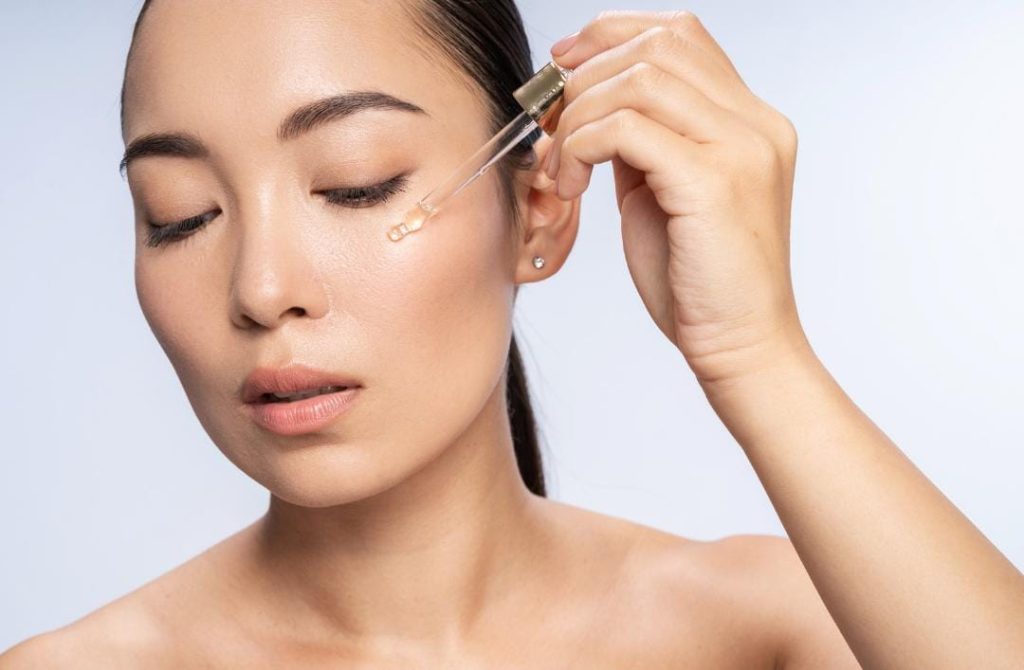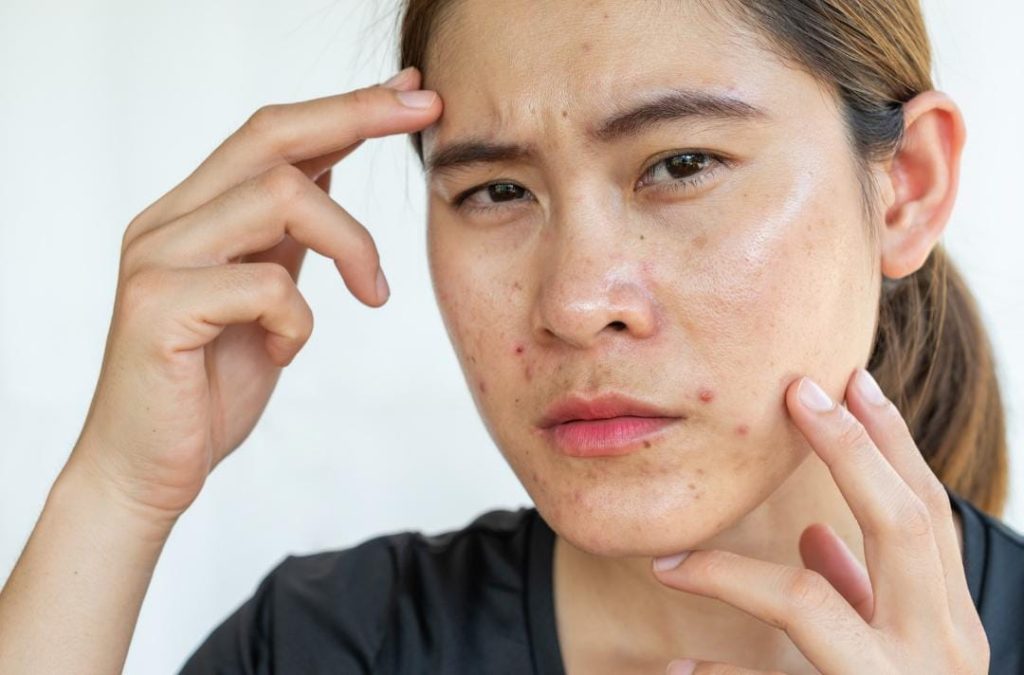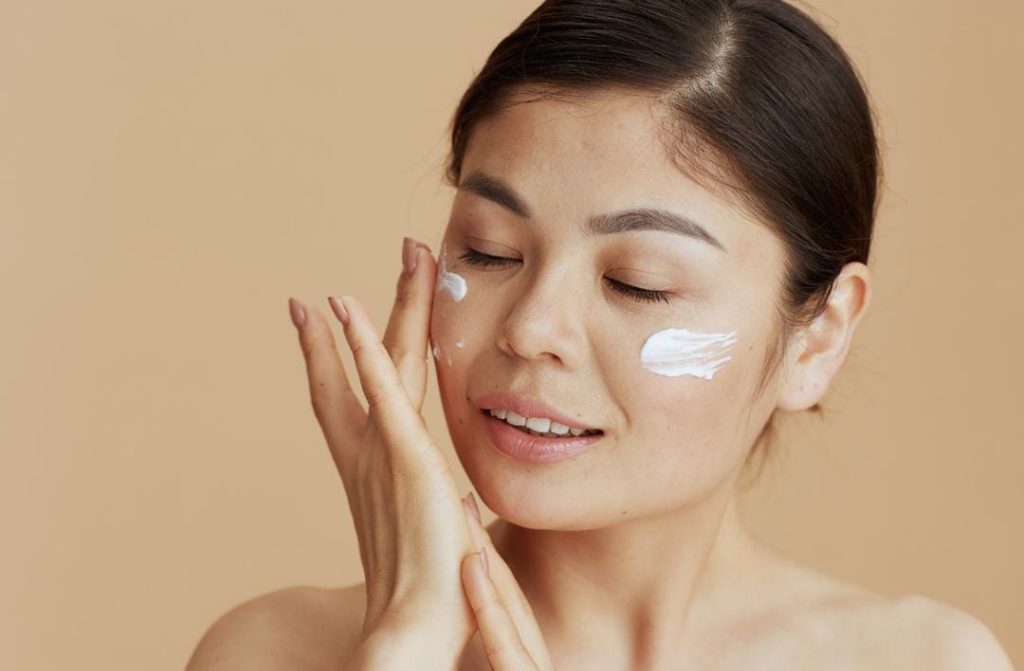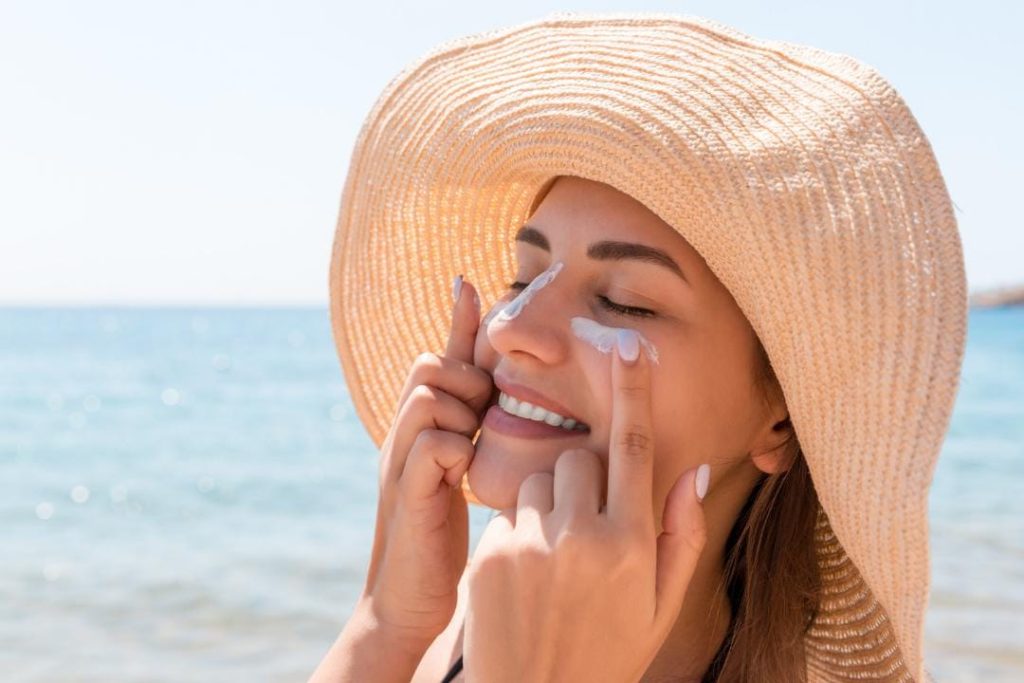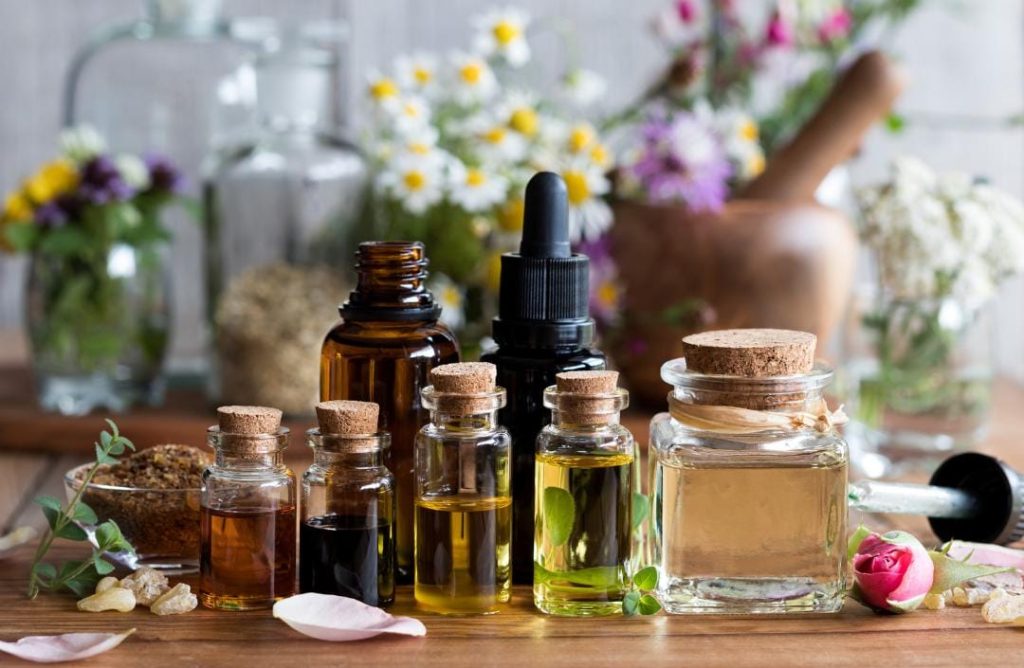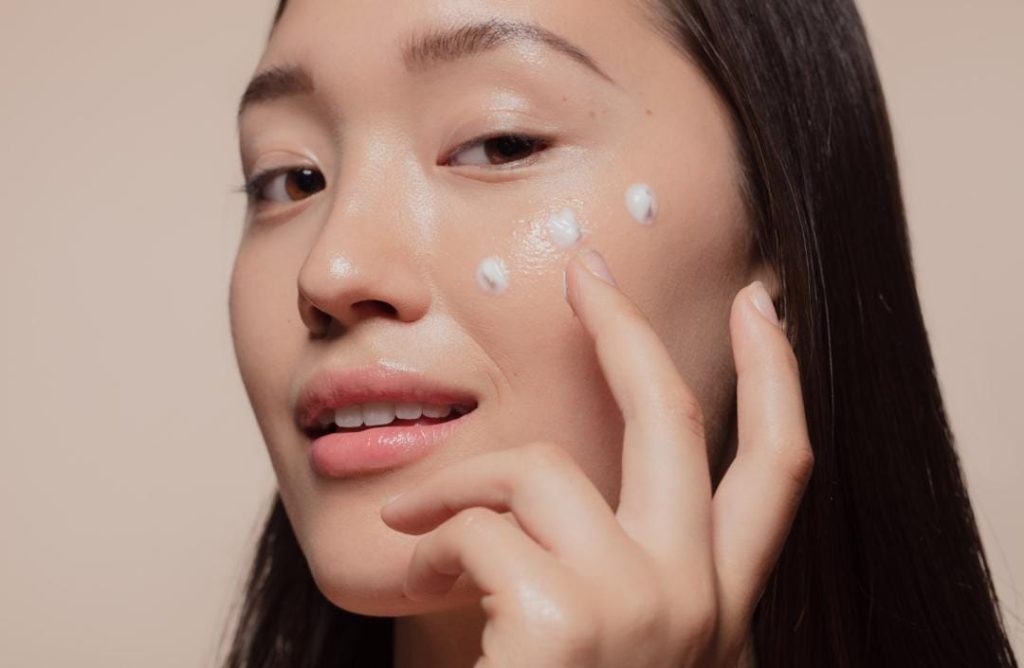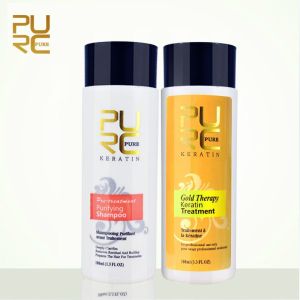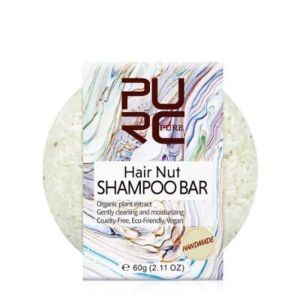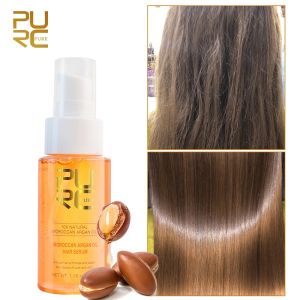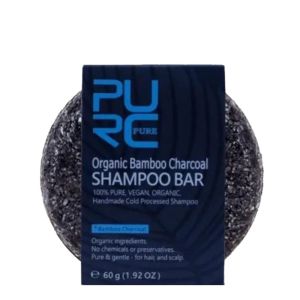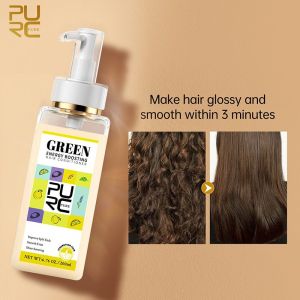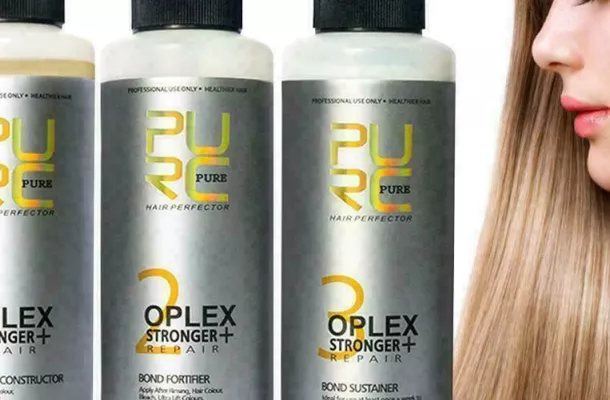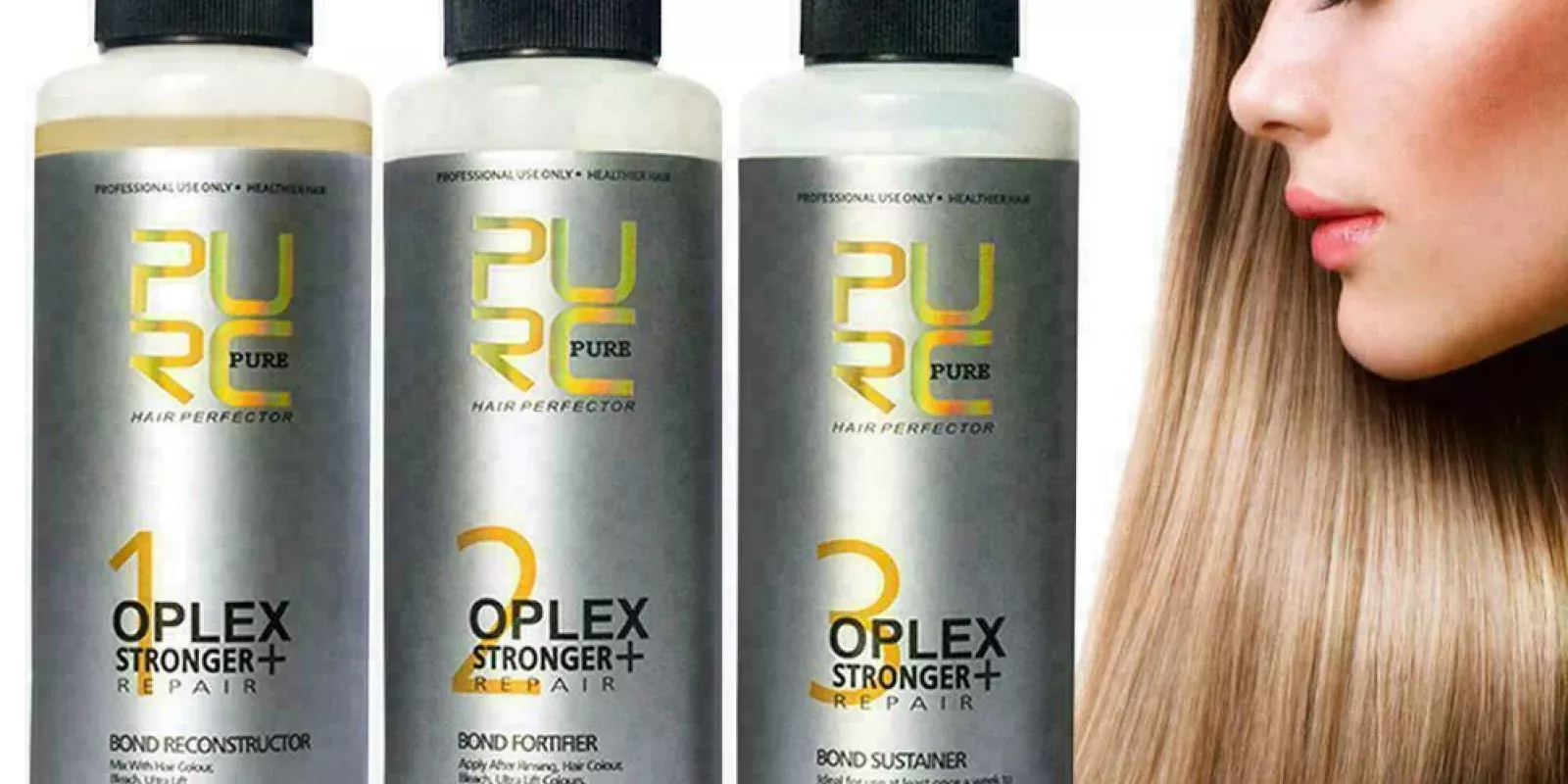Retinol Secrets: Layering Serums Like a Pro for Supercharged Skin


Retinol is a powerful skincare ingredient that can transform your skin but can also be tricky to use. That’s why it’s important to know how to mix it with other ingredients for supercharged skincare.
In this article, we’ll explain the basics of ingredient compatibility and how to create your retinol cocktail for glowing, healthy skin.
The Power Of Retinol
Retinol is a powerful ingredient for skincare. It can help improve the appearance of fine lines, wrinkles, dark spots, acne, and more. It stimulates collagen and elastin production, which are essential for keeping the skin firm and smooth. It also helps to unclog pores, reduce inflammation, and fade pigmentation.
Harness The Power
To get the best results from retinol, you need to follow some simple steps:
- Start with a low concentration of retinol and gradually increase it over time. This will help your skin to adjust and avoid irritation.
- Apply retinol at night, after cleansing, and before moisturizing. It can make your skin more sensitive to sunlight, so you must protect it with sunscreen during the day.
- Use it sparingly and evenly. A pea-sized amount is enough for your entire face. Avoid applying too much or too often, as this can cause dryness, peeling, or redness.
- Be patient and consistent. Retinol takes time to work, so don’t expect immediate results. You may start to see some improvement after a few weeks, but it can take months to see the full benefits.
By following these steps, you can harness the power and achieve your skincare goals. Retinol is a proven and effective ingredient that can transform your skin and make you look younger and healthier.
Understanding Ingredient Compatibility
Ingredient compatibility is the ability of different ingredients to work well together in a skincare product. It is important to consider ingredient compatibility when formulating skincare products because incompatible ingredients can cause problems such as:
- Irritation, sensitivity, or allergic reactions on the skin
- Reduced effectiveness or stability of the product
- Changes in the color, smell, or texture of the product
- Precipitation, separation, or clumping of the product
Factors That Affect Compatibility:
- pH: The acidity or alkalinity of a product can affect how ingredients interact with each other and the skin. For example, some elements work best at a low pH (alpha hydroxy acids). In contrast, others work best at a high pH (such as baking soda). Mixing ingredients with different pH levels can neutralize their effects or irritate them.
- Texture: The consistency and feel of a product can affect how ingredients blend and spread on the skin. For example, some elements are more suitable for oily or dry skin types, while others are more versatile. Mixing ingredients with different textures can result in a product that is too thick, thin, greasy, or drying.
- Active ingredient interactions: Some ingredients have specific functions or benefits for the skin, such as moisturizing, exfoliating, brightening, or anti-aging. However, when combined, some elements can interfere with each other’s operations or cause adverse reactions. For example, some ingredients can deactivate or degrade each other (such as vitamin C and retinol). In contrast, others can increase the risk of sunburn or inflammation (such as benzoyl peroxide and salicylic acid).
To Ensure Ingredient Compatibility, It Is Advisable To:
- Do your research: Learn about different ingredients’ properties, functions, and interactions before using them in your skincare products. You can consult reputable sources such as scientific journals, books, websites, or experts in the field.
- Do a patch test: Before applying a new product to your face, test it on a small area of your skin (such as your wrist or behind your ear) and wait 24 hours to see any signs of irritation or allergy.
- Do a stability test: Before storing or selling your product, check its appearance, smell, and texture over time to see any changes or signs of degradation. You can also use preservatives, antioxidants, or stabilizers to extend the shelf life of your product.
Ingredient Pairings for Enhanced Results:
Retinol is a powerful skincare ingredient that can help reduce the signs of aging, improve skin texture, and fight acne. But did you know it works even better when paired with certain other ingredients? Here are some of the best ingredient combinations to boost your retinol’s performance and achieve your skin goals.
- Antioxidants: Unleashing the Synergy of Retinol and Vitamin C for Radiant Skin.
Vitamin C is a potent antioxidant that can brighten skin, fade dark spots, and protect against environmental damage. When used with retinol, vitamin C can enhance its ability to stimulate collagen production and smooth out fine lines and wrinkles. To use this duo, apply vitamin C serum in the morning and retinol cream at night.
- Hyaluronic Acid: The Perfect Hydration Partner for Retinol’s Renewing Effects.
Hyaluronic acid is a natural moisturizer that can hydrate your skin and plump up your complexion. Retinol can sometimes cause dryness and flaking, so using hyaluronic acid can help balance the moisture level and prevent irritation. To use this pair, apply hyaluronic acid serum before retinol cream, or look for a product that contains both ingredients.
- Niacinamide: Amplifying Benefits and Soothing Potential Irritation.
Niacinamide is a form of vitamin B3 that can improve your skin barrier function, reduce inflammation, and regulate oil production. Niacinamide can work well with retinol to boost its efficacy and minimize its side effects. Niacinamide can also help fade hyperpigmentation and even out skin tone. To use this combo, apply niacinamide serum after retinol cream, or mix them in your palm before applying.
- Peptides: Collaborating for Collagen Production and Skin Firmness.
Peptides are small chains of amino acids that can signal your skin to produce more collagen and elastin, the proteins that keep your skin firm and elastic. Retinol and peptides can work together to stimulate collagen synthesis and reverse the signs of aging. To use this team, apply peptide serum or cream after retinol cream, or look for a product that combines both ingredients.
- SPF: The Ultimate Defense to Protect Retinol-Treated Skin.
SPF is the most important step in any skincare routine, especially if you use retinol. It can make your skin more sensitive to the sun, so you must protect it from harmful UV rays that can cause sunburn, premature aging, and skin cancer. To use this essential, apply SPF 30 or higher every morning after your moisturizer, and reapply throughout the day as needed.
Ingredient Don’ts: Beware of Incompatible Combos
Retinol is a powerful ingredient that can improve your skin’s appearance and health. But not all ingredients play well with it. Some can reduce their effectiveness, cause irritation, or even damage the skin. Here are some elements you should avoid or use with caution alongside retinol.
- Benzoyl peroxide: This acne-fighting ingredient can oxidize retinol, making it less potent. It can also dry out and irritate your skin, especially if you use high concentrations of both products. If you want to use both, apply them at different times of the day (retinol at night, benzoyl peroxide in the morning) or on alternate days.
- Vitamin C: Vitamin C is another antioxidant that can benefit your skin but can also destabilize retinol and reduce its effectiveness. Vitamin C is also acidic, which can lower your skin’s pH and make it more sensitive to retinol. If you want to use both, apply them at different times of the day (retinol at night, vitamin C in the morning) or use a buffered form of vitamin C with a higher pH.
- AHA/BHA: Alpha hydroxy acids (AHA) and beta hydroxy acids (BHA) are chemical exfoliants that can remove dead skin cells and unclog pores. However, they can also increase your skin’s sensitivity and cause irritation, redness, or peeling. If you want to use both, start with low concentrations and frequency, and build up your tolerance gradually. You can also apply them at different times of the day (retinol at night, AHA/BHA in the morning) or use them on alternate days.
- Alcohol: Alcohol can dry out and irritate your skin, making it more prone to retinol side effects. It can also interfere with the absorption and penetration of retinol into your skin. Avoid using products that contain alcohol, especially denatured alcohol, ethanol, or isopropyl alcohol, when using retinol.
- Essential oils: Essential oils can have various benefits for your skin, but they can also be irritating, sensitizing, or allergenic for some people. They can also react with retinol and cause inflammation or photosensitivity. Avoid using products that contain essential oils, especially citrus oils, when using retinol.
Expert Tips And Recommendations
Retinol is a powerful ingredient that can improve skin texture, tone, and appearance. But it can also be tricky to use, especially if you need help to combine it with other products. That’s why we’ve gathered some expert tips and recommendations on how to use it effectively and safely.
- Find out your skin type and sensitivity level. Retinol can cause irritation, dryness, and peeling for some people, especially those with sensitive skin. To avoid these side effects, start with a low concentration of retinol (0.1% or less) and use it only once or twice a week at night. Gradually increase the frequency and strength of the ingredient as your skin adapts.
- Choose products that complement retinol. It best uses ingredients that hydrate, soothe, and protect your skin. For example, you can use a moisturizer with hyaluronic acid, ceramides, or niacinamide to lock in moisture and calm inflammation. You can also use sunscreen with SPF 30 or higher daily to prevent sun damage and premature aging. You can even try out Tea Tree Essential Oil for better skincare!
- Experiment with different combinations of ingredients. Retinol can be mixed with other active ingredients to target specific skin concerns, such as acne, hyperpigmentation, or wrinkles. However, not all components are compatible with it. Hence, you must be careful and research before trying new combinations. For example, you should avoid using it with vitamin C, benzoyl peroxide, or alpha hydroxy acids (AHAs), as they can reduce the effectiveness of the ingredient or cause irritation.
- Listen to your skin and adjust accordingly. Retinol is not a one-size-fits-all solution for your skincare needs. Depending on how your skin reacts to it and other products, you may need to tweak your routine. If you notice any signs of irritation, such as redness, burning, or flaking, stop using it for a few days and apply a gentle moisturizer or soothing cream. Suppose you don’t see any improvement after a few weeks of the ingredient. In that case, you may need to switch to a higher concentration or a different formulation.
Retinol is a versatile and effective ingredient that can transform your skin for the better. But it also requires some knowledge and care to use it properly. By following these expert tips and recommendations, you can enjoy the benefits of the ingredient without compromising your skin’s health and comfort.
Takeaway
Mixing ingredients with retinol can be a game-changer for your skincare goals, but it requires some knowledge and care. Not all ingredients work well with the ingredient; some may cause adverse reactions or reduce effectiveness. To get the most out of it, you must understand its compatibility with other ingredients and how to pair them for enhanced results.
Antioxidants, hyaluronic acid, niacinamide, peptides, and SPF are some of the best allies for retinol-treated skin, as they can boost its benefits and protect it from damage. With the right ingredient mix, you can unleash the power of the ingredient for supercharged skincare!
About The Author

